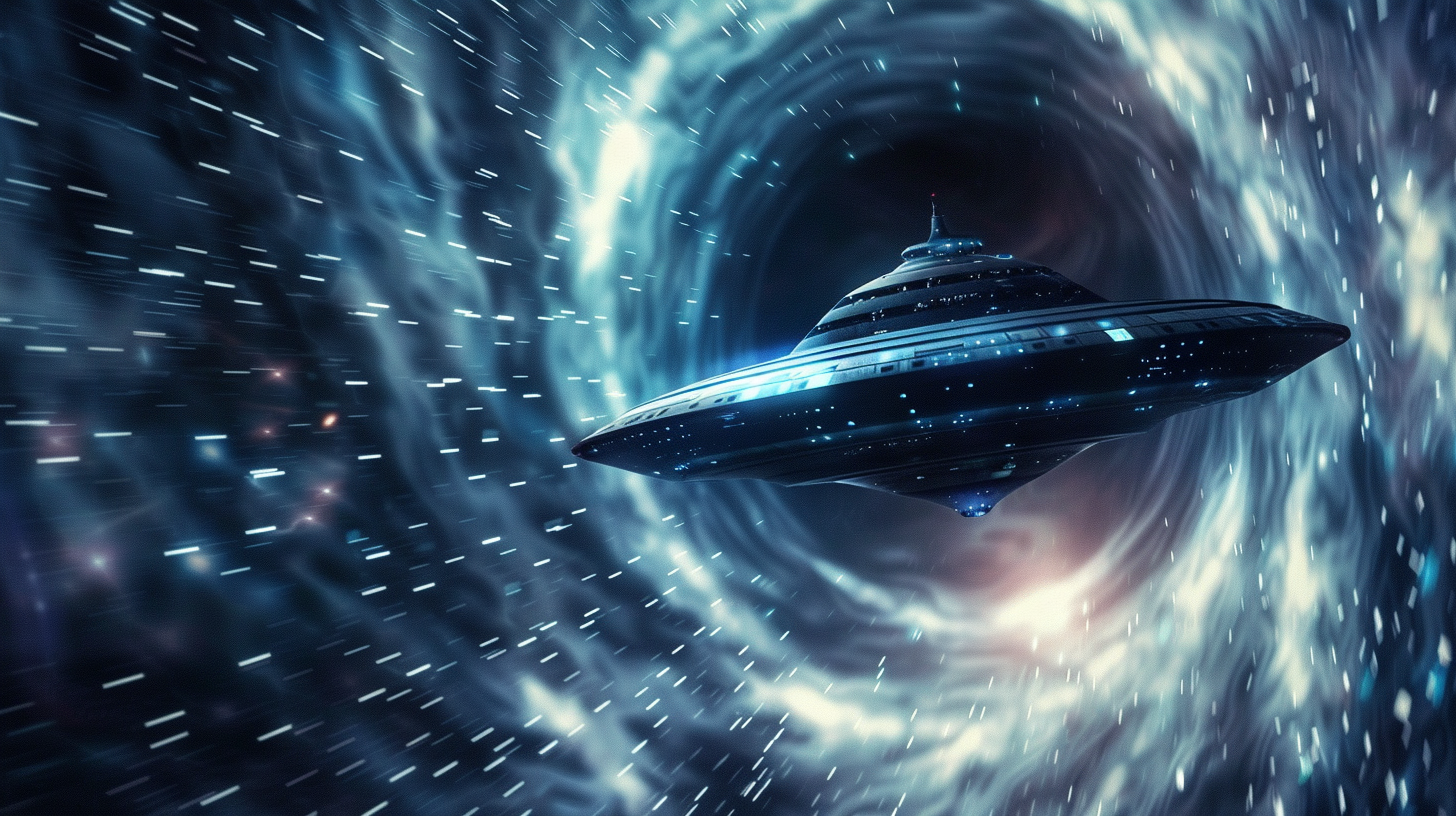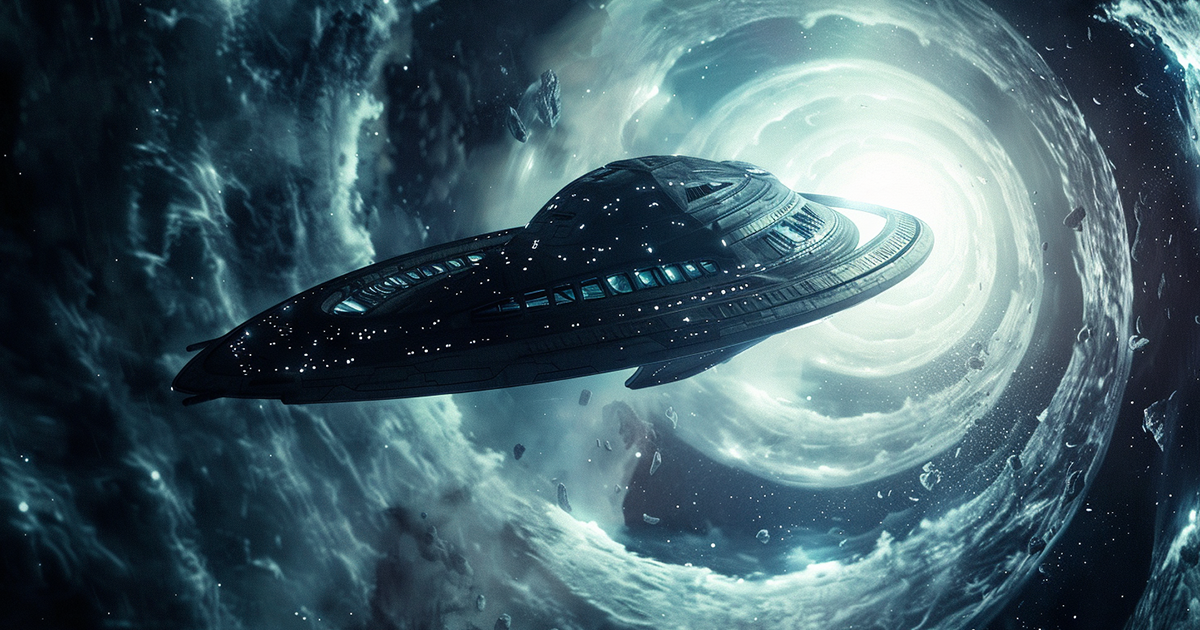Amid the broad scope of scientific exploration, few ideas ignite fascination as greatly as the concept of wormholes. Initially formulated by Albert Einstein and Nathan Rosen back in 1935, these theoretical tunnels through spacetime provide a captivating view into the potential of journeys among the stars. Despite its frequent depiction in science fiction and mainstream media, recent developments in theoretical physics have introduced fresh perspectives on the feasibility of these cosmic gateways.
Essentially, a wormhole functions as a cosmic shortcut linking far-off points in spacetime over vast distances. Envision a creased and punctured sheet of paper where distant locations are seamlessly connected by a passageway. This captivating concept implies the capacity to traverse the expansive realms of the universe through these cosmic corridors.
Nonetheless, the obstacles to realizing this vision are substantial. The energy demands for constructing a passable wormhole far surpass our existing technological abilities. The theoretical requirement of exotic matter with negative mass adds another level of intricacy to the equation. While this exotic matter remains theoretical, its existence could unravel the enigmas of wormhole transit.

Furthermore, the origins of wormholes might trace back to the turbulent genesis of the Big Bang itself. Some theories suggest that the colossal event not only birthed our universe but also generated numerous tiny wormholes. These minuscule apertures could have extended and transformed into navigable paths spanning the cosmos across billions of years.
One of the most enthralling speculations surrounding wormholes pertains to their potential impact on ancient history. Is it conceivable that extraterrestrial beings, utilizing these cosmic gateways, visited Earth in antiquity? This notion aligns with ancient astronaut theories proposing that interactions between early humans and mysterious entities could have been facilitated by alien travelers utilizing these theoretical conduits.
While the scientific community grapples with the intricacies of wormhole theory, one fact remains indisputable: the allure of interstellar travel captivates the human psyche. Whether as an academic pursuit or a domain of imaginative pondering, the concept of wormholes urges us to reflect on the enigmas of the cosmos and our position within it.
In closure, diving into the theoretical domain of wormholes not only showcases the limitless potential of human inquisitiveness but also uncovers the complex tapestry of the universe itself. While achieving interstellar travel through these cosmic gateways presently avoids us, the quest for knowledge drives humanity’s comprehension closer to the uncharted frontiers of the cosmos.
